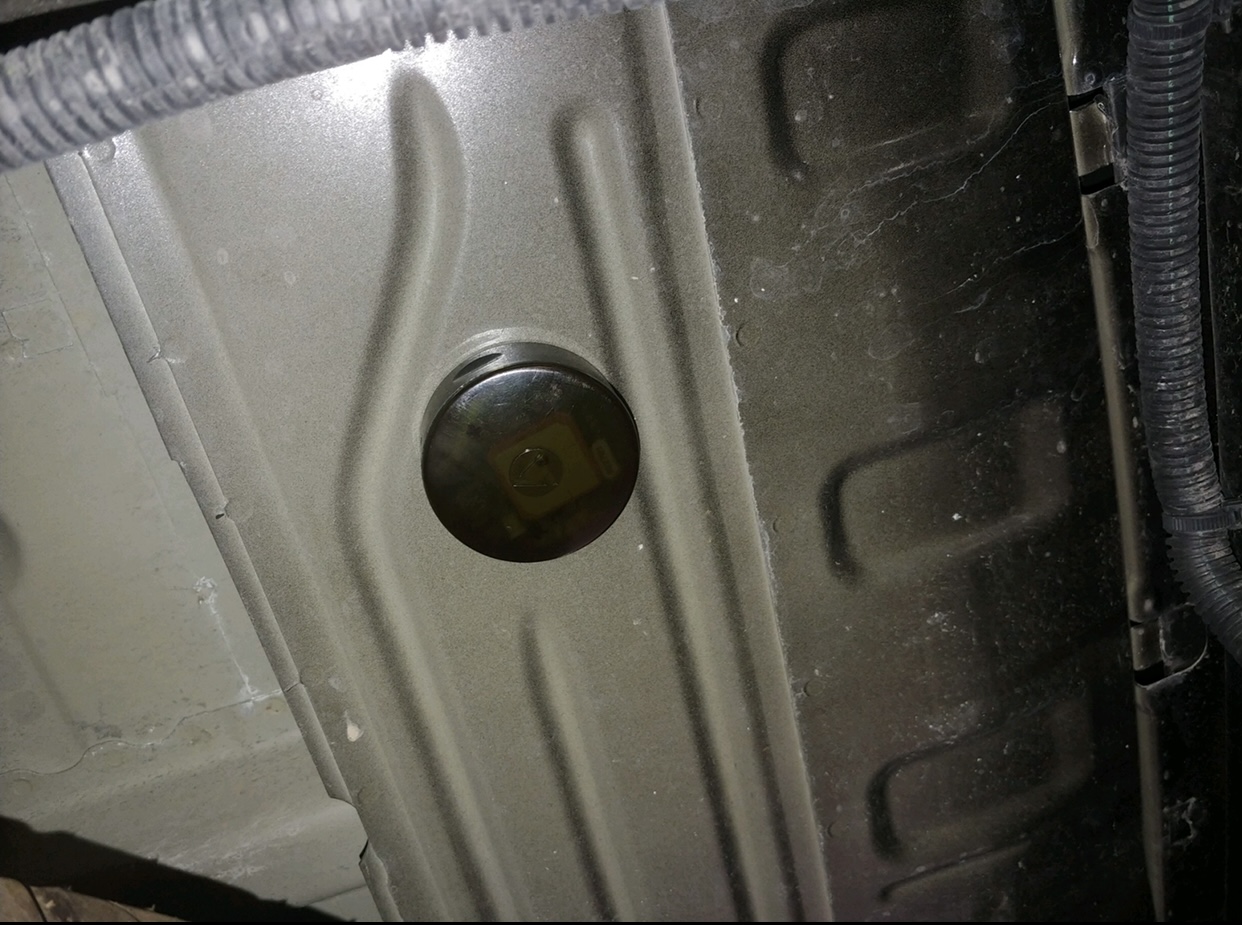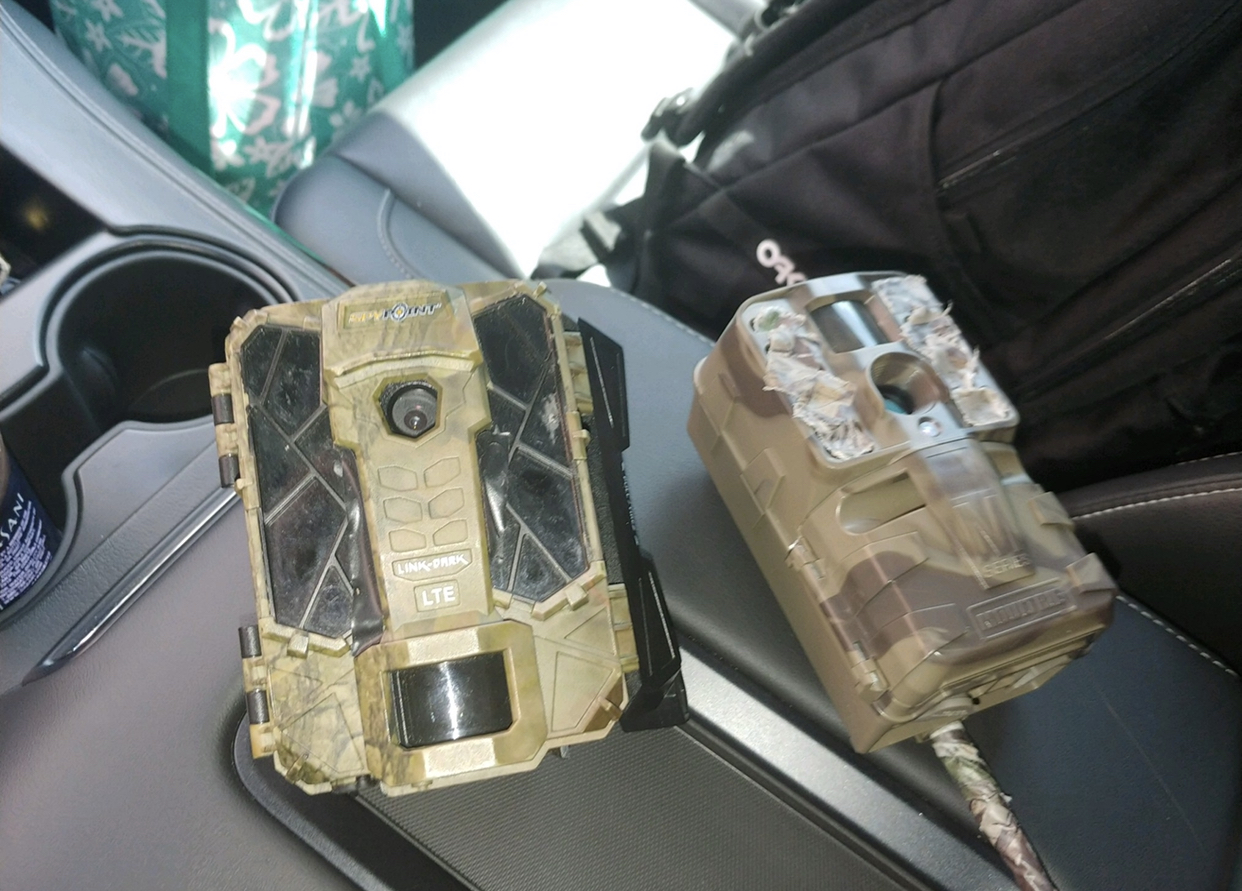
This article discusses surveillance by private investigators in Defense Base Act claims. In all my years as both an insurance defense attorney and an attorney representing Claimants, I have learned that insurance companies love surveillance. Truth be told, I have never had an insurance company score a lot of points with surveillance video in any of my personal injury and Defense Base Act (DBA) cases over the past 20 years. They have surely tried, however, they have not been successful. The obvious reason is that my clients are indeed injured. Nevertheless, they persist. DBA Insurance companies will typically pay out thousands for many days of surveillance by private investigators. All DBA Insurance companies and third-party administrators oftentimes use surveillance, including Allied World, Starr Indemnity and Liability, AIG, ACE, Gallagher Bassett and Broadspire.
I have come across some surveillance techniques that private investigators have used in DBA claims that are illegal and unethical. This article will discuss those situations here and how you should deal with surveillance.
First, it is important to understand what DBA insurance companies are looking for. They are looking to obtain video surveillance showing a worker doing activities that violate the physical work restrictions placed by his or her physician. If they do obtain such a video, they will do a couple of things with it. They may show it to a worker’s physician in hopes that he modifies his restrictions and sends the client back to work so they may stop paying the client. They will also use it at mediation and formal hearings with the administrative law judges.
A couple of years ago, a client, a wartime Green Beret Veteran, and a DBA client, called me upset that he found camouflaged hunting cameras, depicted below, in trees on his own property pointed at his house. This is a father of three daughters who also resided in the home. Worse is that a tracking device, also depicted below, was place underneath his pickup truck. Both scenarios were illegal in his state. My client contacted the Sheriff’s Department and an investigation ensued.
A private investigator cannot go onto the property of another and install cameras on that property. There is a specific law in this particular state, Florida, that prohibits private investigators from using GPS tracking devices. On October 1, 2015, a new GPS law was entered into law, Florida Statutes Section 934.425. This law makes it a criminal offense to knowingly install a tracking device on another’s property without that person’s knowledge or consent. Included are apps that are installed on phones as well. Violation of this law is a second-degree misdemeanor, punishable by up to 60 days in jail, a $500 fine, or both. Many states have similar laws.
In another case, a private investigator went up to the home of a client recovering from an injury he sustained in Iraq. In this case, this private investigator walked up to the front of his home and pressed a camera against the window in an attempt to record my client in his home.
In another case, a private investigator followed my client and his wife who were driving to Disney World for a weekend. This investigator followed my client for about 2 hours on the highway, into the parking lot, through the gate, onto a monorail, and throughout the park. Although there is nothing illegal about this, it  shows the lengths insurance companies will go to in an attempt to obtain damaging video surveillance. In this case, the insurance company obtained nothing useful.
shows the lengths insurance companies will go to in an attempt to obtain damaging video surveillance. In this case, the insurance company obtained nothing useful.
Many clients home recovering from injuries, and being paid compensation under the Defense Base Act by insurance carriers, oftentimes report to me seeing strange cars on their streets and other places. My suggestion is that if you see any strange or unidentified occupied car parked outside your home for extended periods call the police and report it. The police will investigate and advise you if that person is a private investigator.
For more information about these issues and the Defense Base Act, call attorney, Tim Nies, a Defense Base Act attorney and a veteran of the Army’s Third Ranger Battalion, for free at 772-283-8712. Speak with a DBA lawyer if you have been shown video surveillance and if the insurance company wishes to settle your DBA claim.
For additional information, visit our DBA YouTube site: DBA Lawyer.